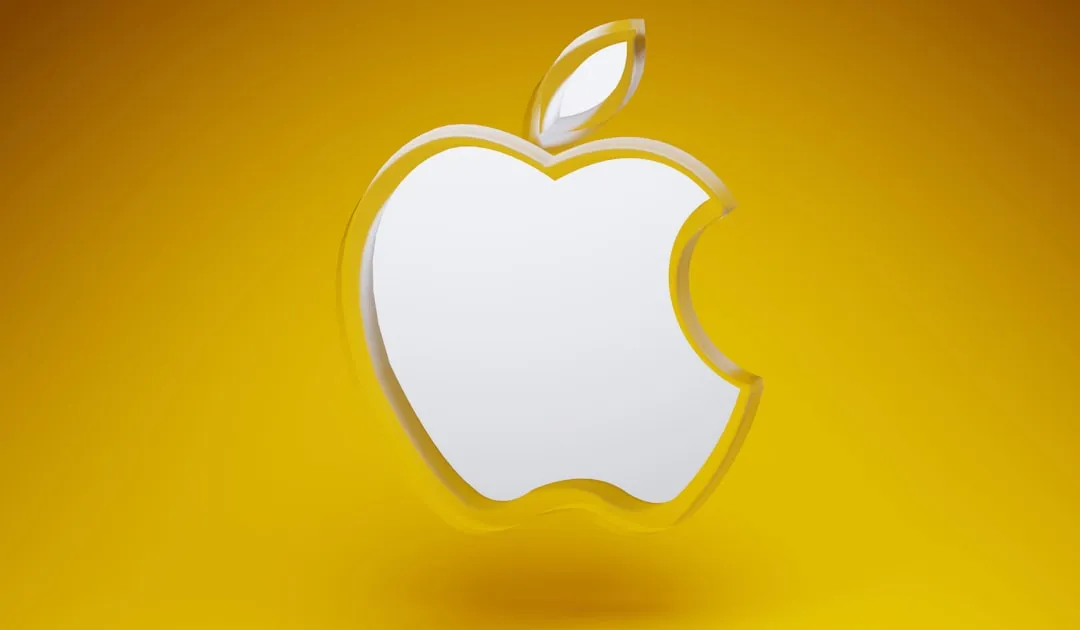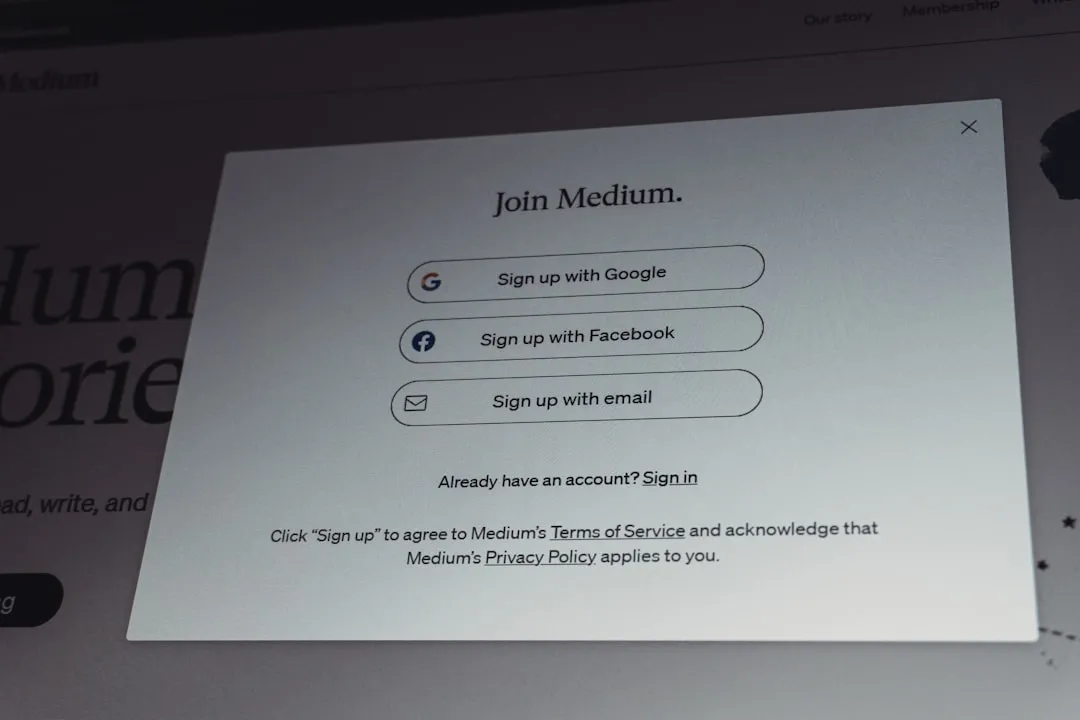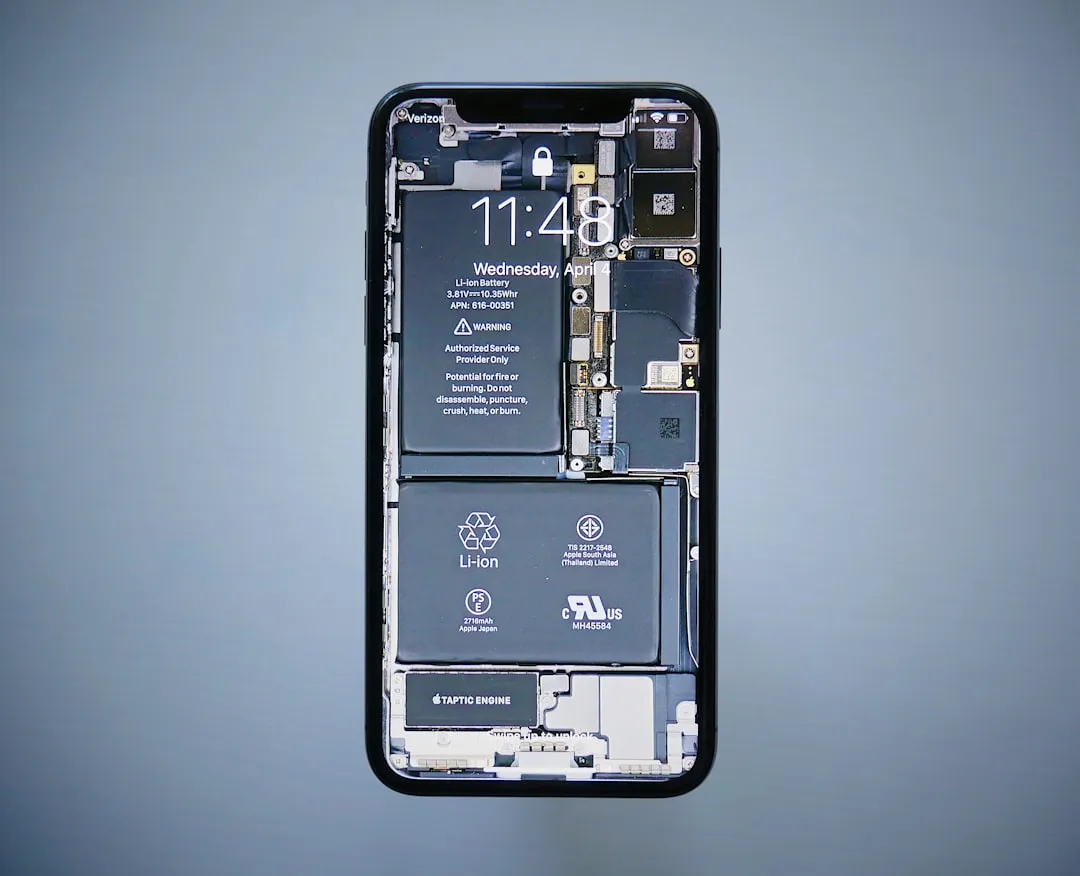Apple's bold move with iOS 26 is reshaping mobile development in ways we haven't seen since the introduction of the App Store. Now, developers are getting unprecedented access to the company's on-device AI capabilities.
The Foundation Models framework, announced at WWDC 25 and included with iOS 26 developer betas, gives third-party developers direct access to Apple's proprietary large language models through Swift APIs, enabling rich, privacy-first AI experiences that run entirely on-device with larger server models available via Apple's Private Cloud Compute.
What stands out is the pragmatism. Apple's approach prioritizes real utility ahead of flashy demos, which translates to a developer experience focused on reliability, performance, and smooth integration instead of heavyweight ML workflows.
What this means for the future of iOS development
Think back to when apps first tapped into cameras, GPS, or push notifications. That is the scale of shift. Users will increasingly expect helpful AI inside their apps, and Apple is laying the track to make that normal. The Foundation Models framework developer betas are available via the Apple Developer Program.
Apple's approach provides space to build differentiated experiences and win trust with privacy-conscious users and enterprise clients. This is not about bolting on AI. It is about solving problems that were hard or expensive before. A note-taking app can organize intelligently without sending data to external servers. A productivity app can suggest helpful actions without worrying about rate limits or downtime.
The enterprise angle is big. Sensitive-data organizations may be able to ship AI features with reduced data-exfiltration risk, but compliance requirements still apply and will vary by jurisdiction. Financial institutions can deliver insights while maintaining full data sovereignty.
There are limits. Apple's on-device language model has approximately 3 billion parameters, so open-ended reasoning has bounds. Even so, on-device processing eliminates many traditional hurdles, and the APIs keep things accessible without ML specialization.
Bottom line, AI is becoming table stakes for mobile, and Apple just handed developers the kit to build it responsibly and efficiently. The question is not whether to integrate AI into your iOS apps. It is how fast you can start experimenting and shipping the next wave of intelligent experiences.

























Comments
Be the first, drop a comment!